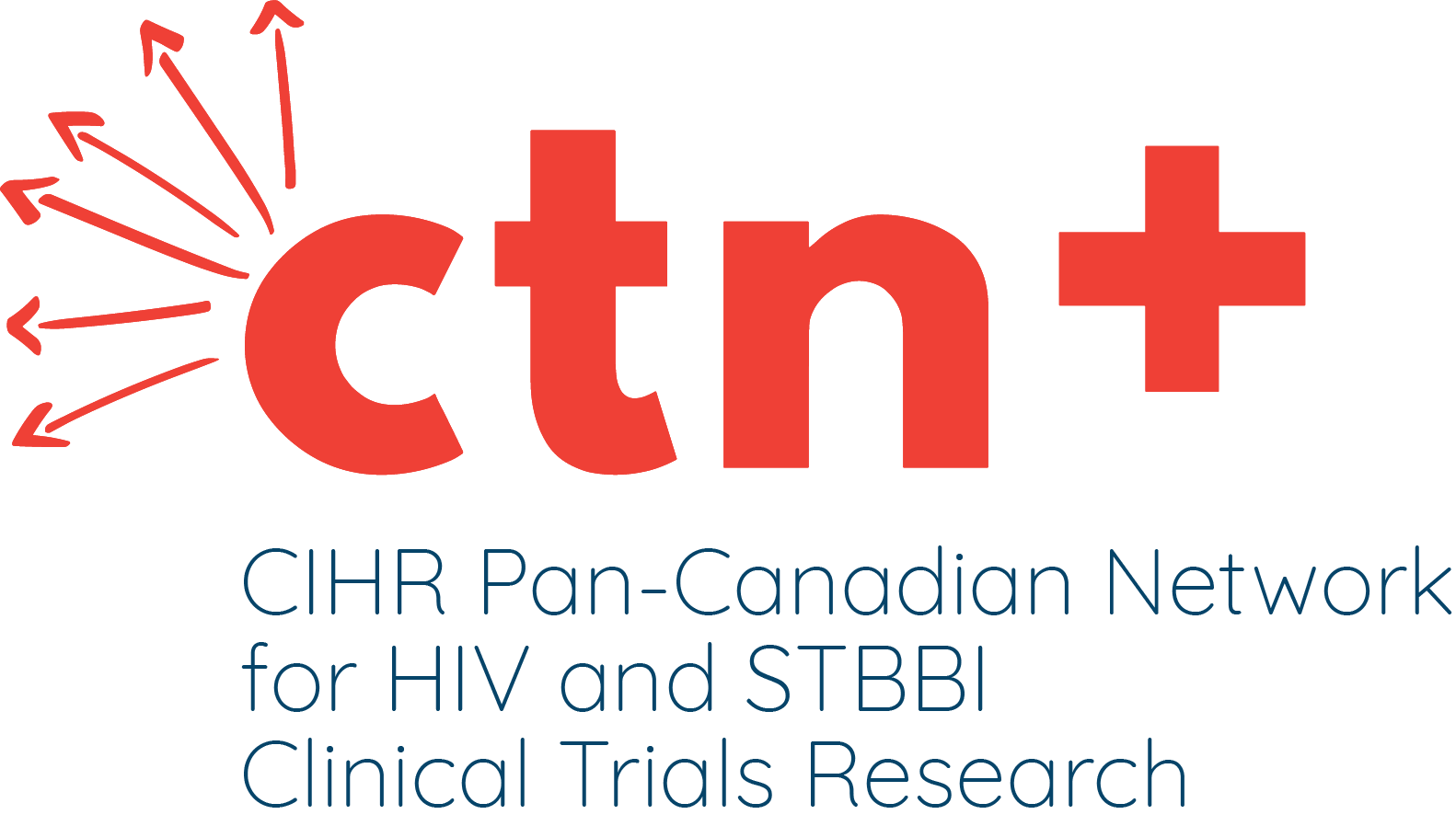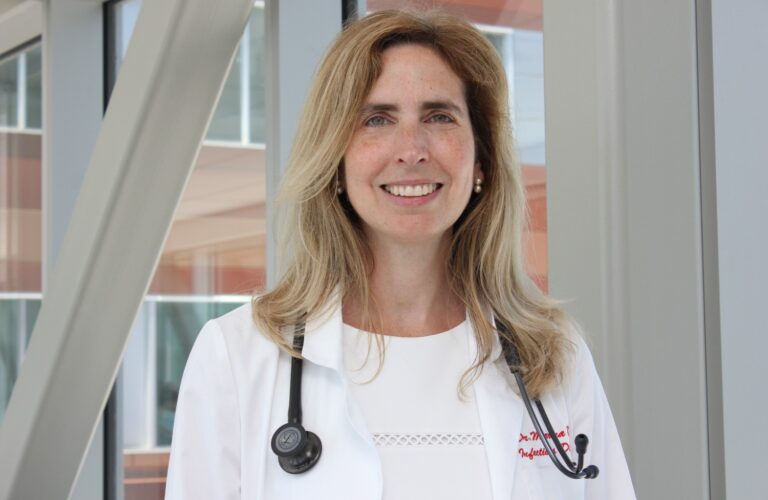Did you know that 90–95% of those infected with COVID-19 never go to a hospital or clinic? Patients have been instructed to stay home to reduce the spread of the virus, especially to frontline medical workers. But without direct access to healthcare professionals many patients never have the chance to have their questions answered or symptoms assessed.

Dr. Bertrand Lebouché
CTN Investigator Dr. Bertrand Lebouché has teamed up with the creators of the health app Opal to repurpose the app for COVID-19 patients recovering from home. “Most COVID-19 research has revolved around the 5% of patients in hospital,” says Dr. Lebouché. “We really wanted to do something for the other 95%.”
Through a grant from the McGill Interdisciplinary Initiative in Infection and Immunity for COVID-19, the team will initially conduct a feasibility study with 50 COVID-19 patients at the McGill University Health Center. Through the Opal app, patients will track their symptoms over the course of 14 days while measuring a range of health indicators from their own home, including blood pressure, pulse, temperature and blood oxygen saturation. Patients will also have the opportunity to chat directly with doctors and nurses through the app, and will be alerted if there are any abnormalities or changes in their results that necessitate a trip to the hospital.
Opal: A History of Patient-Centred Care
The idea for Opal began in 2014, when McGill computer science professor Laurie Hendren was diagnosed with breast cancer. Having experienced the cascade of care firsthand, professor Hendren saw the need for a unified place to track personal health, plan appointments and access medical information. She joined forces with her oncologist Dr. Jamil Asselah, her radiation oncologist Dr. Tarek Hijal and medical physicist Dr. John Kildea to develop the patient portal app, Opal.
The app helps patients to manage appointments, monitor medical information, learn about their condition and engage in their care. Professor Hendren used her own personal experience to develop an app for-patients by-patients, and received a number of accolades as a result. Professor Hendren sadly passed away in 2019, but the app continues to be managed and expanded by Hendren’s collaborators at the Opal Health Informatics Group at the Research Institute of the McGill University Health Centre.
Lessons from HIV
Dr. Lebouché, who is also a professor of medicine and scientist with the Infectious Diseases and Immunity in Global Health Program at the Research Institute of the McGill University Health Centre, first saw the opportunity to adapt Opal towards his primary area of focus: HIV care. With a history of incorporating patient-centred care in HIV treatment, Dr. Lebouché was working towards developing the Opal app for HIV when the COVID-19 pandemic hit. “As an HIV doctor, I can really bring a lot of personal experience to COVID-19 treatment,” he says. He worries that too many COVID-19 studies ignore the needs of patients, a lesson that was learned in HIV treatment through years of hard-fought patient advocacy.
Dr. Lebouché feels that there are other lessons that COVID-19 researchers could learn from HIV care, particularly the impact of stigma and isolation. “I was shocked to see how people feel isolated and stigmatized with [COVID-19]. And if they’re being told to stay home, then there is no place for the patients in care,” he says.
Dr. Lebouché hopes that the Opal COVID-19 app could reconnect patients and healthcare providers from home, as well as linking patients to verifiable medical information to help them feel empowered and educated.
Protecting Frontline Workers and Patient Privacy
Another goal of the Opal COVID-19 app is to help protect healthcare workers from being infected with COVID-19. Currently, over 50% of COVID-19 cases in young people have manifested in frontline medical workers. When more patients can be treated from home using virtual platforms, less risk is shouldered by the healthcare workers who treat them. Moreover, through the app a single nurse can treat 20–30 patients daily, a marked increase compared to in-hospital care. If properly executed, app-based care can be a safer and more efficient way to manage resources.
Dr. Lebouché also hopes that the Opal app will re-instill public confidence in technological medical interventions. “Technology should be first used to help patients, not track them,” he explains. He bases this approach off a concept inherited from his colleague, John Kildea, called ‘data donation’ whereby patients opt-in to have their data shared for research, with the ability to exclude certain personal information if they so choose. Experience from previous iterations of Opal shows that when patients are given the choice, they often elect to share more data than researchers expect. All of this data helps them develop stronger tools into the future, exactly what they hope to do following the conclusion of the initial OPAL feasibility study.
A remaining barrier to the wide-scale use of the OPAL app is the distribution of testing equipment for metrics like temperature or blood oxygen saturation to patients. Following the conclusion of the study, Dr. Lebouché and his collaborators will assess which metrics properly predicted a spike in symptoms or morbidity, and which did not. This will allow them to remove irrelevant metrics from future iterations of the app while honing the accuracy of COVID-19 prediction tools.
As the scope of the Opal app continues to grow from cancer treatment to COVID-19 and HIV, it continues forward a strong trajectory of patient-centred care. “Patients always bring very interesting information, and from there we improve,” Dr. Lebouché says, explaining that he will use feedback from this iteration of Opal to improve the HIV app into the future. Throughout all of these iterations, Dr. Lebouché focuses on putting health data exactly where it should be: in the hands of patients.
If you are a resident of Montreal and would like to participate in the OPAL study, Dr. Lebouché can be contacted at bertrand.lebouche@mcgill.ca






